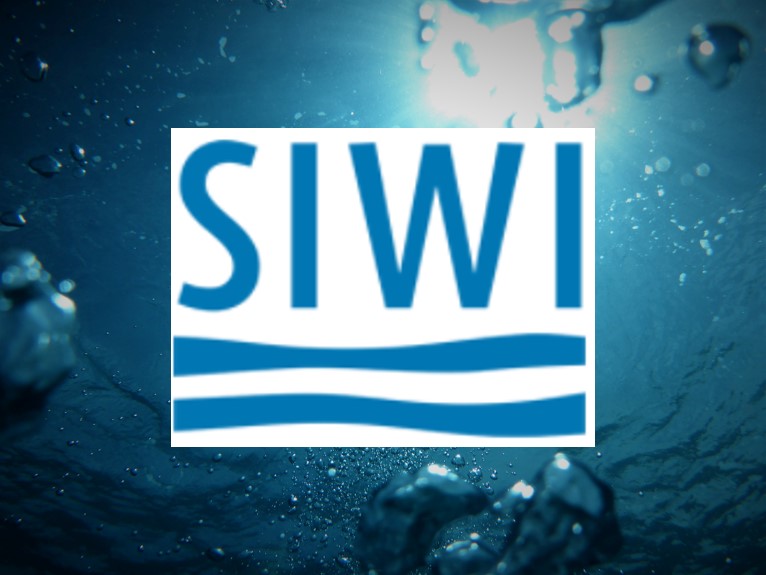Lessons from World Water Week 2020
Many participants from international organisations, universities, governments, and companies took part in the “World Water Week” event online from their homes after the pandemic that is hitting this year 2020 made it impossible for people to travel to Stockholm.
Over the last decades, most global actors have focused on efficiency with increasingly complex supply chains, which has made society more vulnerable in times of crisis, as Covid-19 has made clear. However, in order to prepare for a much more changing and therefore uncertain future with the emerging risks linked to global warming and ecosystem degradation, the priority must be based on security and resilience.
The vast majority of crises are directly or indirectly related to water and this creates new expectations in the water community. Awareness of this is growing rapidly, although not at the expected rate. For example, at the international climate convention, COP25 in Madrid, it was noted that many more countries were interested in water-related solutions. At the World Water Week event at home, several sessions discussed preparations for next year’s COP26 in which countries took a more holistic approach, focusing more on the resilience of ecosystems and society.
However, resilience requires collaboration so one of the most important aspects of World Water Week at Home was the opportunity for many people to come together and explore common areas from different perspectives of work that do not usually happen. One of these perspectives was the issue of housing. With the growth of the world’s population, the way housing is built represents a major environmental challenge. It is therefore important to select greener building materials that consume less water but are also more efficient in treating wastewater. Another requirement is that houses must be able to withstand increasingly extreme climates, including the rise in sea level that results from global warming.
All these characteristics make logical sense from many perspectives. They would save lives and reduce costs as they would be more prepared for adverse weather events and even from a health point of view, fewer people would succumb to diseases caused by dirty water. This is also essential for protecting ecosystems from increasing pollution flows.
Although some of the solutions proposed here are incredibly positive, many participants in World Household Water Week feel that the responses to the water crisis so far have been inadequate, leaving too many problems for future generations to solve. However, the growing youth water movements that participated in the event demonstrated amazing insights into improving both human life and the health of the planet. These young people know that they cannot take water for granted, as past generations have done. They are innovating for a world marked by uncertainty, water scarcity and increasing pollution. The importance of the value of water will be the main theme of future World Water Week events in 2021 and 2022.
Adrian Delgado
PhD candidate

